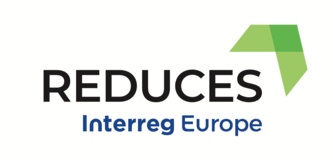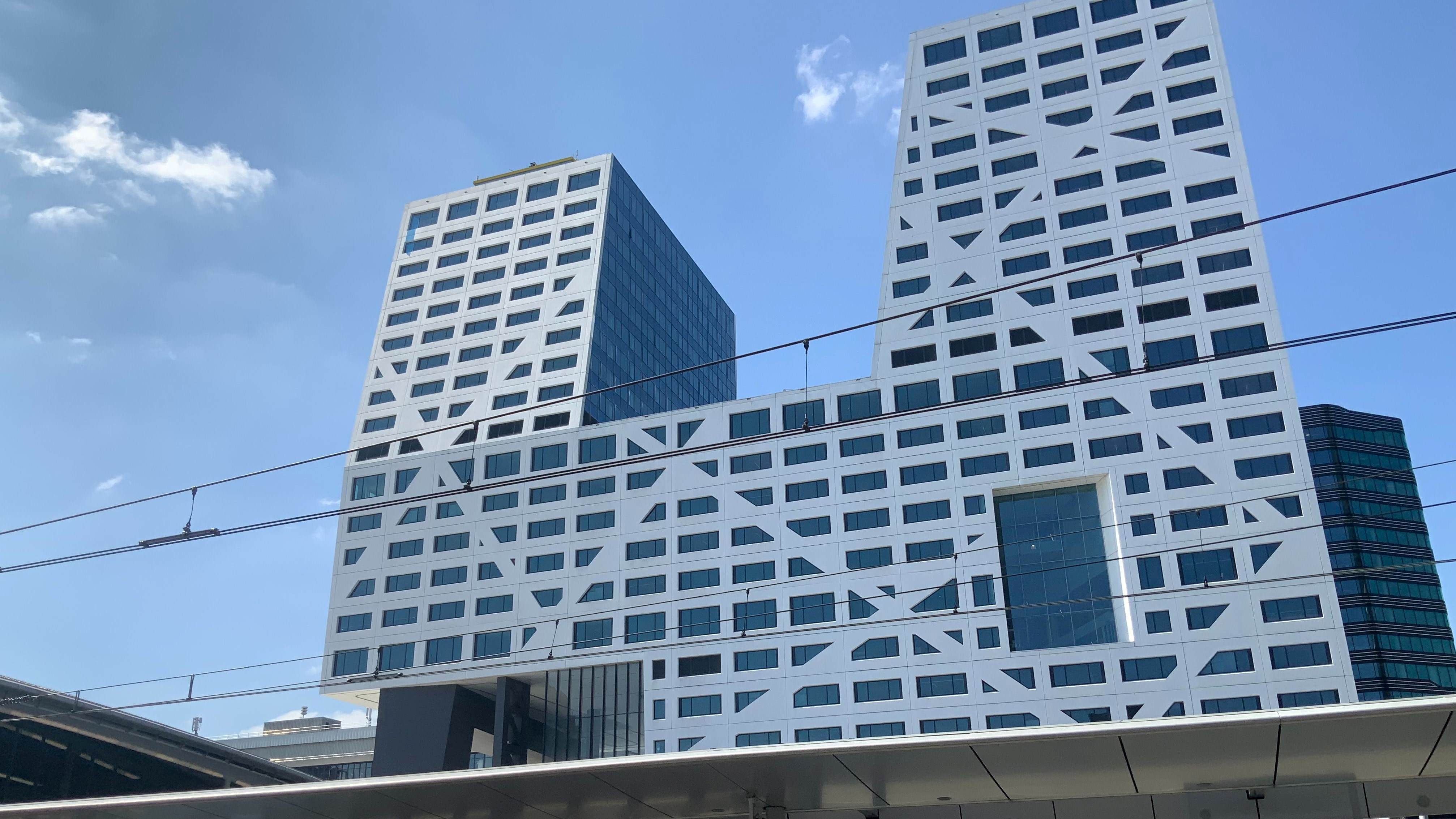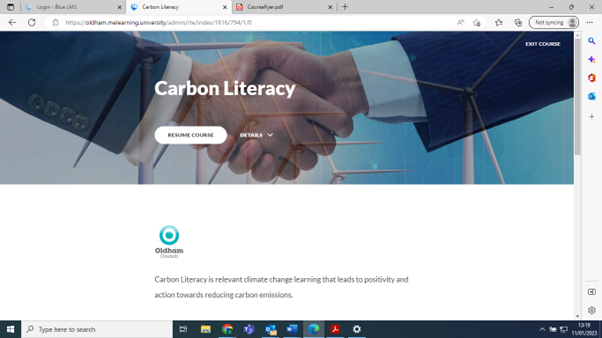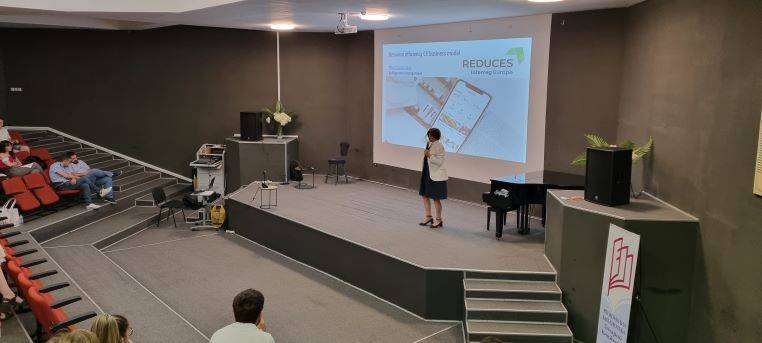More than 30 representatives of municipalities, companies, representatives of the Ministry of Environment and NGOs attended the REDUCES stakeholder meeting organised online on 04.12.2020 using the ZOOM Platform. The participants were informed about the upcoming fourth Interregional event planed to be online and hosted by. EPF and UMG team. A presentation given by V. Andonova informed the participants about the project progress under the COVID – 19 limitations. The SG meeting topic was Circular Economy for Smart Cities. Through circular economy strategies, EU countries and cities are taking actions in areas such as construction waste, ecodesign, smart waste management systems, extended guarantees for consumer goods, support for innovation and investments. The circular economy principles are also gradually being integrated into best industrial practices, green public procurement, the use of cohesion policy funds and through new initiatives in the construction, water and energy sectors.
The examples of Circular Economy Business Models for Smart Cities presented to the stakeholders included GP Waste Logics, Greater Manchester, UK; Oldham Council, Greater Manchester, UK – renewability and community engagement; Bouwhub, Utrecht, The Netherlands and others, all part of the REDUCES project Good Practices.
The participants found the information about how cities and local authorities can use their unique assets and capabilities to transform themselves from black holes sucking in food, energy, and other resources to engines of a regenerative food system and bioeconomy. By taking an approach based on circular economy principles, cities can reimagine today’s waste management systems and realise their potential to help shape a healthier, more diverse and resilient future for their citizens. The presentation of the good practices of REDUCES raised discussion among the participants and their opinion on what is transferable to the Bulgarian conditions was gathered based on online survey through the polling system provided by the ZOOM platform.
The conclusion made was that the challenge for smart cities strategy developers and designers and for the local authorities is to inspire and promote an innovation-friendly ecosystem that facilitates new financing instruments, sustainable design and business management practices and partnerships seeking to achieve the circular economy goals.
Vihra Andonova
EPF
[email protected]











